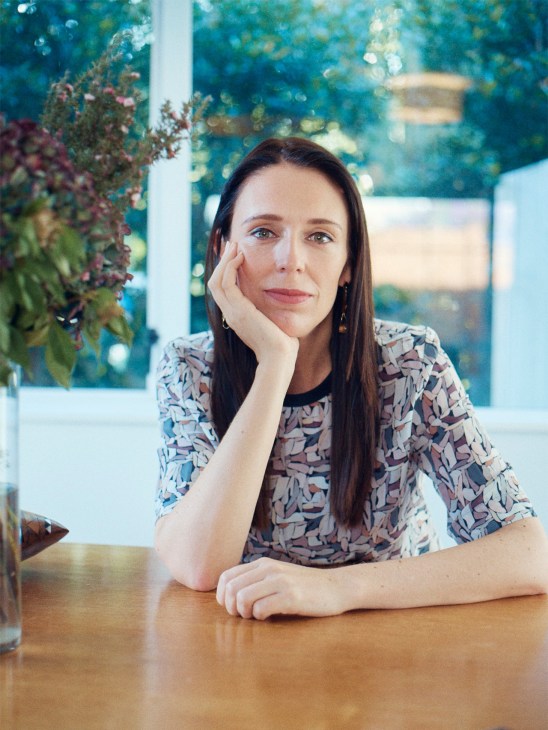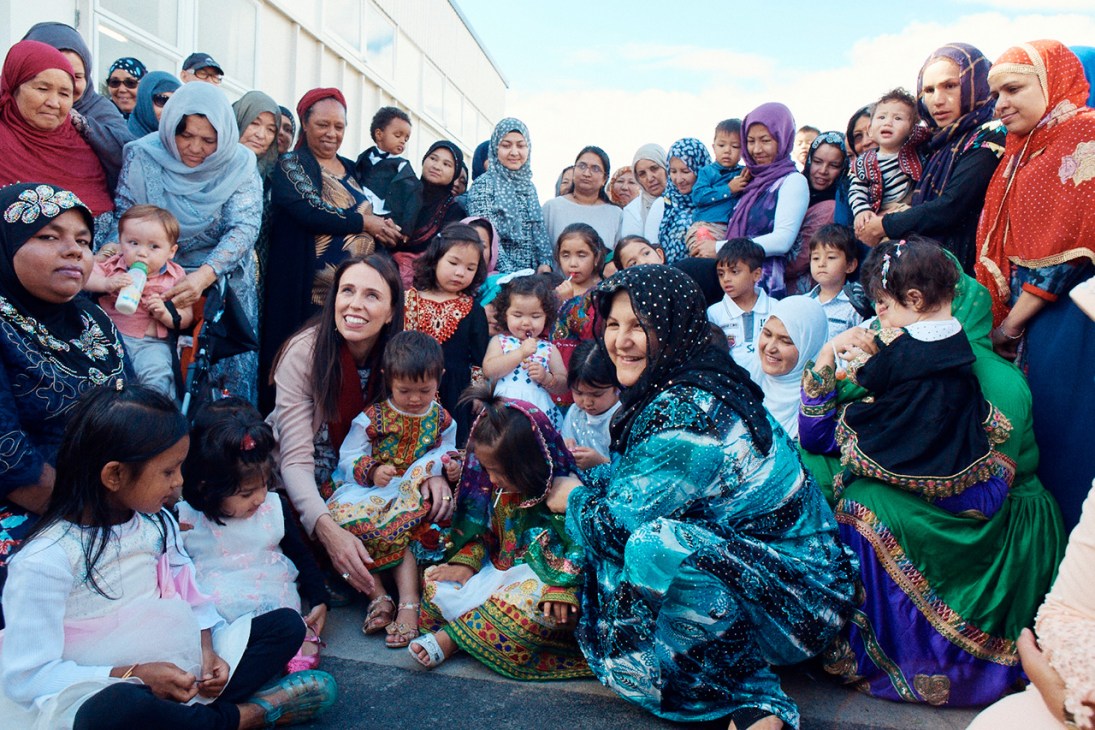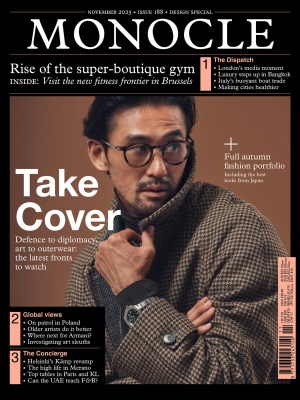‘Empathy is nothing without action.’ Jacinda Ardern on compassionate leadership and radicalisation reform
Former New Zealand prime minister Jacinda Ardern discusses what it takes to run a country, from reforming firearms laws in the wake of the 2019 attack on Christchurch to leading with kindness and empathy.
Dame Jacinda Ardern was prime minister of New Zealand from 2017 to 2023. She is the author of the recent memoir A Different Kind of Power and the subject of Lindsay Utz and Michelle Walshe’s new documentary Prime Minister, which was mostly shot during her time in office.

The film and your book recall the points at which you realised that you were about to become prime minister and a mother, more or less at the same time. But you also became a global figure, which is not usually the case for leaders of New Zealand. Was there a moment at which you understood that?
I still grapple with that sentiment even now – I couldn’t tell you whether that’s just New Zealander humility. While I was in office, I thought it was overstated. When you have a role as important as running a country, you become single-minded about that. If it looks like you’re there for anything other than public service or like you’re performing for a global audience, that will be shut down rather quickly at home.
Both releases capture your response to the terrorist attack on Christchurch in 2019. Had you ever considered the possibility of an incident like that happening in New Zealand or was your response improvised as you came to understand the situation?
Improvise is a word but I prefer intuitive. The larger the country, the more difficult it is to maintain your own intuition because it’s closely connected to your sense of people and where public sentiment is. Something I consider a blessing in New Zealand is that we have that proximity, which makes it easier to maintain your instincts. The tragedy of 15 March was a lesson in so many things and one of them was to be willing to, first and foremost, have a human response to a moment that challenges everyone’s sense of humanity.

Your book emphasises the value of empathy in leadership. While it’s easy for a leader to say they feel your pain, it’s harder for them to do something about it. Is that why it was so important to focus on reforming firearms law after Christchurch?
Empathy is nothing without action. It’s also driven by the question, ‘How do I prevent this from happening to anyone else ever again?’ Compassion is strongly associated with motivation towards action and, for us, that manifested as a need to do something about access to military-style and semi-automatic weapons. We passed gun-reform laws within 10 days of introducing them and more than 50,000 guns were returned in a buyback scheme, after which they were destroyed or modified to be lawful firearms. There was also an added layer of victimisation because the attack was live-streamed. That led to a sense of duty not only to hold social-media companies accountable but to ask, ‘What are the pathways to radicalisation online and what can we do about it?’ And so we created the Christchurch Call to Action, which now has upwards of 130 countries and organisations working together to prevent violent extremist acts. Empathy is a series of actions, not just moments of grief.
You were on the receiving end of a different kind of radicalisation with the protests in the wake of the coronavirus pandemic. How frustrating is it when voters don’t or won’t understand that, at a moment like that, none of the options are good?
I heard a statement once that beautifully captures so much about politics: ‘People only see the decisions you make, not always the choices you had.’
Read next: Christopher Luxon says debate over New Zealand’s founding document is finished


